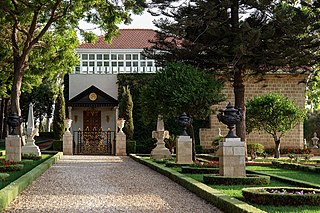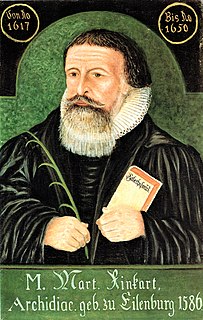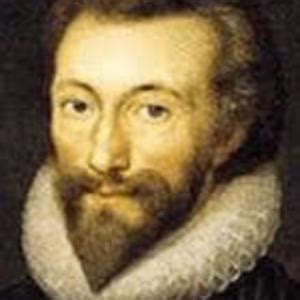A Quote by John Donne
Only our love hath no decay; this, no tomorrow hath, nor yesterday, running it never runs from us away, but truly keeps his first, last, everlasting day.
Related Quotes
All Kings, and all their favorites, All glory of honors, beauties, wits, The sun itself, which makes times, as they pass, Is elder by a year, now, than it was When thou and I first one another saw: All other things, to their destruction draw, Only our love hath no decay; This, no tomorrow hash, nor yesterday, Running, it never runs from us away, But truly keeps his first, last, everlasting day.
I saw full surely that ere God made us He loved us; which love was never slacked, nor ever shall be. And in this love He hath done all His works; and in this love He hath made all things profitable to us; and in this love our life is everlasting. In our making we had beginning; but the love wherein He made us was in Him from without beginning: in which love we have our beginning. And all this shall we see in God, without end.
Let us look upon a crucified Christ, the remedy of all our miseries. His cross hath procured a crown, his passion hath expiated our transgression. His death hath disarmed the law, his blood hath washed a believer's soul. This death is the destruction of our enemies, the spring of our happiness, and the eternal testimony of divine love.
Industry need not wish, and he that lives upon hopes will die fasting. There are no gains without pains. He that hath a trade hath an estate, and he that hath a calling hath an office of profit and honor; but then the trade must be worked at and the calling followed, or neither the estate nor the office will enable us to pay our taxes. If we are industrious, we shall never starve; for at the workingman's house hunger looks in, but dares not enter. Nor will the bailiff or the constable enter, for industry pays debts, while idleness and neglect increase them.
They say that Hope is happiness But genuine Love must prize the past; And Mem'ry wakes the thoughts that bless: They rose first -- they set the last. And all that mem'ry loves the most Was once our only hope to be: And all that hope adored and lost Hath melted into memory. Alas! It is delusion all-- The future cheats us from afar: Nor can we be what we recall, Nor dare we think on what we are.
Blessed the man that hath visited `Akká, and blessed he that hath visited the visitor of `Akká. Blessed the one that hath drunk from the Spring of the Cow and washed in its waters, for the black-eyed damsels quaff the camphor in Paradise, which hath come from the Spring of the Cow, and from the Spring of Salvan (Siloam), and the Well of Zamzam. Well is it with him that hath drunk from these springs, and washed in their waters, for God hath forbidden the fire of hell to touch him and his body on the Day of Resurrection.
For the rest of my life there are two days that will never again trouble me. The first day is yesterday with all its blunders and tears, follies and defeats. Yesterday has passed away, beyond my control forever. The other day is tomorrow with all its pitfalls and threats, its dangers and mystery. Until the sun rises again I have no stake in tomorrow, for it is still unborn.
When we see what He has for us there, we'll agree with Paul, when he wrote about Heaven, Eye hath not seen, nor ear heard, neither have entered into the heart of man, the things which God hath prepared for them that love Him (1 Corinthians 2:9). - Things we didn't even imagine could be so beautiful and wonderful.


































